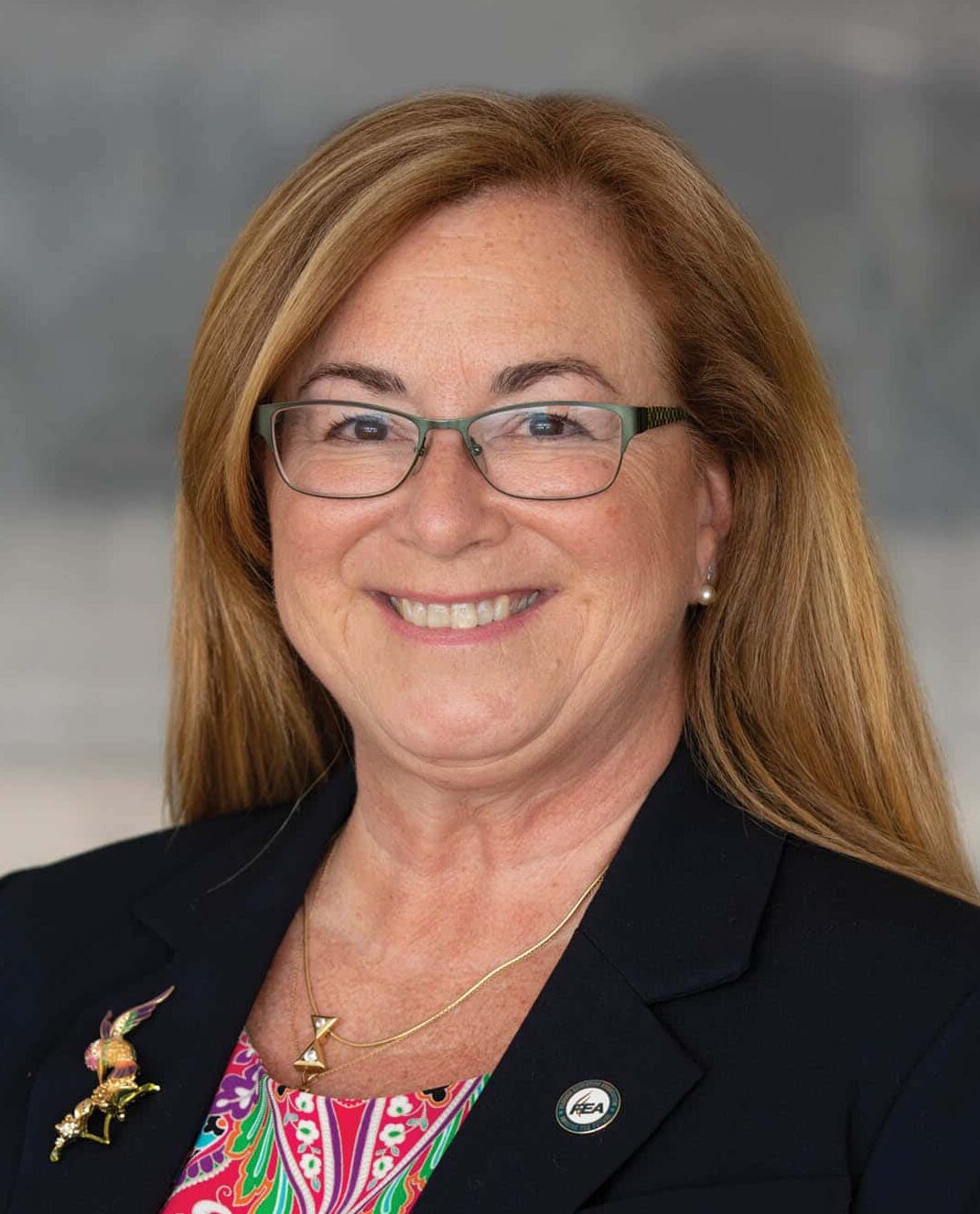
As we welcome our students back to a new school year, we can’t help but share in their excitement and hopeful anticipation for a fresh start. The atmosphere is electric. Joyful chatter, energetic hugs and high-fives fill the hallways as friends collide after a summer apart. There is so much to be excited about.
There is also an incredible amount of pressure and stress that comes with a new year – calming stressed out parents, dealing with staffing shortages and bus schedules gone awry, drying the newest little students’ tears, and grappling with new laws that have had a chilling effect on how we build relationships with our students and teach our lessons.
Additionally, after two full years of dealing with pandemic-related issues ─ interrupted learning, grief, trauma, anxiety ─ the demand for mental health services is at an all-time high, especially among children. According to a 2020 nationwide survey of parents, 71 percent said the pandemic had taken a toll on their child’s mental health, and 69 percent said the pandemic was the worst thing to happen to their child. Yet, just as we have a shortage of education staff professionals and teachers, our schools are vastly understaffed when it comes to mental health professionals.
Children’s mental health issues obviously impact learning. Students unable to focus on their studies are disruptive in class – and sometimes violent altercations occur. A recent AFT survey of members showed that 75 percent of preK-12 members say conditions have deteriorated over the past five years – and when asked in what ways conditions have changed for the worse, student attitude and behavioral issues were ranked as high as workload and pay issues.
A lack of mental health funding and services is nothing new. Even before the pandemic, kids were often unable to obtain the care they needed. The National Association of School Psychologists (NASP) recommends a ratio of one school psychologist per 500 students; current NASP data estimate a ratio of one per 1,211 students. Coupled with the burgeoning staff shortages, school mental health professionals find themselves also covering classrooms, leaving even less time for mental health support for students. That means each of you – teachers and education staff professionals alike – is dealing with student mental health needs, even if you feel unprepared to do so.
Regardless of what politicians say and do in Tallahassee, we always put the needs of our students first, and we always work to protect that sacred trust their parents have placed with us. But in a 2020 survey by the American Federation of Teachers and the New York Life Foundation, only 15 percent of educators said they felt comfortable addressing grief or trauma tied to the pandemic.
Our students have lived through some of the most difficult days of their lives and are coming to us with enormous needs, and we are bearing those additional responsibilities without adequate support from our elected officials. That is why we must come together this fall and vote for candidates who vow to provide us with training and support to help our students and funding for fully staffed schools.
Our vote is our power. And when we join as voters, we can elect leaders who will chart a better future where every student in every corner of our state is supported and has the freedom to thrive, no exceptions.
Getting help with mental health
Here are links to resources for how to help students and ourselves:
- AFT Mental Health Awareness: Resources & Professional Development, https://sharemylesson.com/collections/mental-health-awareness
- AFT: Children’s Mental Health, https://www.aft.org/childrens-health/mental-health
- NEA ESP Webinar: Wellness Skills for Self-care and Health for Educational Support Professionals, https://www.nea.org/professional-excellence/professional-learning/resources/esp-webinar-wellness-skills-self-care-and
- NEA Mental Health Program, https://www.neamb.com/products/nea-mental-health-program
- NEA: Student & Educator Mental Health Resources, https://www.nea.org/student-success/great-public-schools/student-educator-mental-health
- FEA: Suicide Prevention Resources, https://feaweb.org/member-center/suicide-prevention-resources/
- National Alliance of Mental Illness (NAMI) Florida, https://namiflorida.org
Carole Gauronskas became the first education staff professional elected as an officer of the FEA in 2018. She previously worked as an ESE paraprofessional in St. Augustine, and was elected president of the St. Johns Educational Support Professional Association in 2015.

